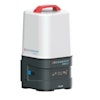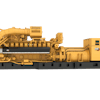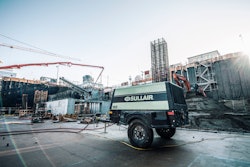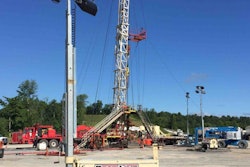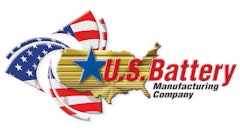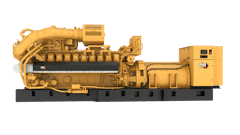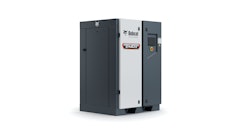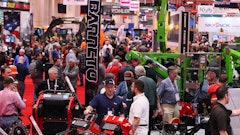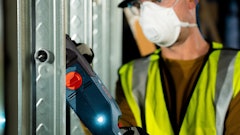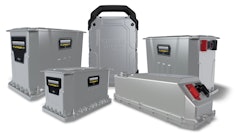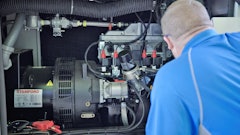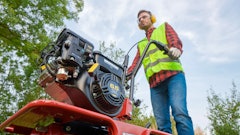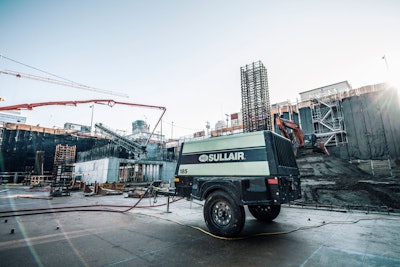
Equipment management is a balancing act of cost, maintenance and utilization administration. Air compressors are no exception. Deciding whether to buy or rent an air compressor involves considering several factors beyond the machine’s purchase/rental price and is a very user-specific determination. What are your utilization plans for the machine? Is storage an issue? Do you have the time and bandwidth to manage the necessary maintenance requirements? Do you need flexibility?
Ultimately, deciding to rent or buy will come down to examining your specific business plan carefully. And, looking at the intended usage for your air compressor, machine availability, utilization rates and the inclusion of all the variable costs to determine your (true) total cost of ownership must all be measured. To help guide you in your air compressor rent versus buy decision-making, the following is a look at what to consider.
Usage
Looking first at the expected usage for the air compressor is the best place to start. Portable air compressors are utilized in a wide range of applications, including construction, landscaping, plant backup air and mining. Getting the most out of your machine and making the right rent/buy decision means aligning the compressor quality with the potential utility of the machine. If the air compressor is intended to be your primary and frequently used source of compressed air, purchasing a durable, long-lasting machine would be a good return on capital. And, when buying, it is smart to consider a machine that can handle multiple tasks to increase its overall utility.
If the compressor is to be used solely for standby air, tool operation and debris removal, then such an expenditure may not be warranted. Smaller 185 cfm style and 375 cfm style tow-behind compressors are typically used for these types of jobs, making them ideal for renting versus buying.
At the end of the day, you want to be sure your compressor will work, and if you are asking a lot of that compressor, then owning and properly maintaining one yourself may be the better option—as long as you select a high quality, durable machine. If you are using the compressor intermittently or for less important tasks, then a capital expenditure most likely won’t make sense and renting is the better choice. Compare rental rates by contacting local rental companies in your area. Remember that rental rates may vary based on region and season.
Availability
Now that business is getting back to usual following the COVID-19 pandemic, and there is large demand and backlogs of work to be done across many industries, the buy/rent question becomes a matter of availability. Assuming everyone is getting back to work, and with the passage of the recent Infrastructure Investment and Jobs Act bill, finding rentable air compressors may be an issue as inventories are tight. Buying the compressor may also be an issue, however, with many manufacturers still recovering from supply chain shortages and sales inventories running thin. Examine the rental and sales markets in your area, call your local suppliers and determine which gives you more access to the machinery, buying or renting, to ensure you have access to the air compressor you need when you need it.
Total cost of ownership
An air compressor is a major purchase no matter the size of your company. Buying requires capital, longer-term commitments and will include hidden costs that are not typically incurred when renting such as storage and maintenance. We have seen a recent increase in pricing due to inflation on everything from groceries to automobiles—and air compressors are no exception. The total cost of ownership for an air compressor is calculated by adding all costs associated with the operation of the machinery over its lifetime. This typically includes purchase price, finance charges, extended warranty, diesel fuel, diesel emission fluid, storage, deprecation (see your specific tax guidelines), insurance, resale value, service and routine maintenance costs and even wear items like tires. And, don’t forget to consider the cost benefits of having a working air compressor available when you need it, which can save you money no matter your project or business.
Calculating your variable costs is also critical in your decision-making. With recent increases in diesel fuel pricing, it is important to do your research on equipment manufacturers you are considering purchasing from to determine the compressor’s fuel consumption rate. This information is usually available in the manufacturer’s product brochure in the specification section. The lower the fuel consumption rate the more money can be saved to operate your equipment. Also investigate recommended routine maintenance intervals timing. This information can usually be found in the operator’s manual. It is recommended to take advantage of manufacturers that have longer maintenance intervals. An air compressor rated with 1,500-hour oil change intervals can save you money when compared to a compressor rated with 1,000-hour oil change intervals.
Renting, of course, avoids the capital expenditure issue, but depending on your utilization, it can be more or less expensive over the long term. And, you will have fewer choices when it comes to selecting the specific air compressor brand; you may end up renting a machine with poor fuel efficiency which you will need to include in your budget calculation. Still, if your needs are ad hoc or intermittent, then renting is the better choice. An air compressor collecting dust in a storage area is going to need maintenance whether or not you are using it, and if that usage is less than 60 percent, renting is the better option.
It’s a (unique) business decision
Whether to rent or to buy is a business decision requiring careful evaluation. Every situation and every business is different. If you are using your air compressor year-round you may want to consider purchasing your own. If you are using an air compressor only a few times throughout the year for a specific job or less critical work, it may be beneficial to rent. Carefully comparing the cost per hour to operate your air compressor will help you to determine whether renting or buying is the better solution for you and your business.


